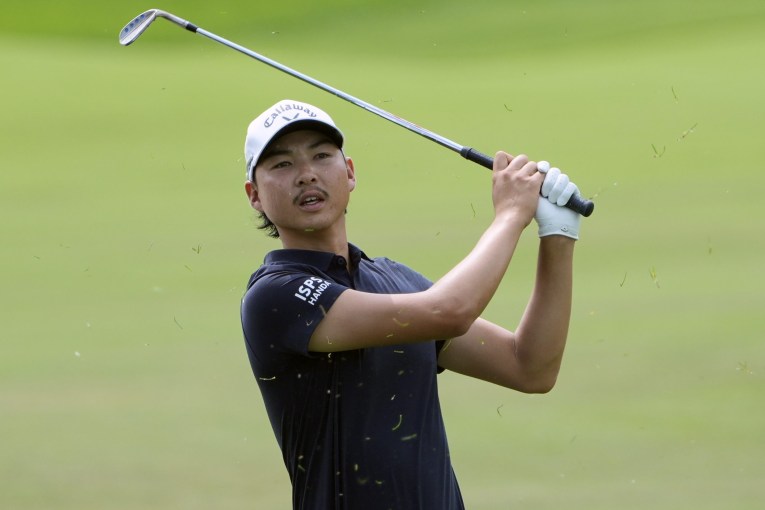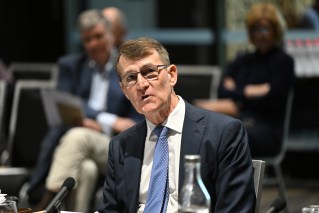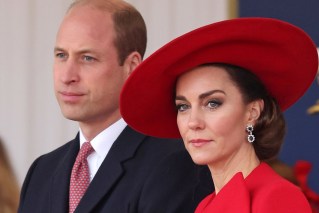Football world mourns a flawed genius: Diego Maradona dead at just 60
Diego Maradona, one of the greatest footballers in history and a towering figure in sporting annals, has died of a heart attack at the age of 60.

Argentina's Diego Maradona, arguably the greatest footballer of all-time, has died at the age of 60. (AP PHOTO)
The Argentine, who had recently battled health issues and underwent emergency surgery for a blood clot on the brain several weeks ago, suffered the attack at his home in the outskirts of Buenos Aires on Wednesday.
Such was Maradona’s legendary status in his homeland that Argentine President Alberto Fernandez declared three days of national mourning after the news of Maradona’s death.
The Argentinian Football Association said on Twitter it had the “deepest sorrow for the death of our legend, Diego Armando Maradona. You will always be in our hearts.”
Maradona is widely regarded as one of the greatest – if not the greatest – footballers of all time and was the inspiration for Argentina’s World Cup success in Mexico in 1986, almost single-footedly – and handedly – inspiring their triumph.
He also led the country to the final of the 1990 tournament in Italy and managed them in South Africa in 2010.
“Certainly, one day we’ll kick a ball together in the sky above,” said Pele, the great Brazilian who, like Maradona, has so often been touted as the best player ever.
Maradona’s successes made him a global star but more than that, the diminutive “El Diego” was a towering icon in Argentina.
The country’s president Alberto Fernandez said in a tweet: “You took us to the highest point of the world, and made us immensely happy.
“You were the greatest of all. Thank you for having been with us, Diego. We will miss you all our lives.”
Famously, Maradona’s career was not just studded with brilliance but also blighted by controversies on and off the field, even after he had retired.
His “Hand of God” goal against England in the 1986 World Cup quarter-finals, when he pushed the ball into the net with his hand, earned him infamy – although he followed up by scoring the “goal of the century”, a remarkable solo effort, in the very same game.
England’s Gary Lineker, who played against Maradona in the “Hand of God” game, tweeted: “By some distance the best player of my generation and arguably the greatest of all time. After a blessed but troubled life, hopefully he’ll finally find some comfort in the hands of God. #RipDiego”
Reports from Argentina that Diego Armando Maradona has died. By some distance the best player of my generation and arguably the greatest of all time. After a blessed but troubled life, hopefully he’ll finally find some comfort in the hands of God. #RipDiego
— Gary Lineker (@GaryLineker) November 25, 2020
Maradona’s international playing career ended in shame when he failed a drugs test at the 1994 World Cup in the United States and he was notorious for a wayward lifestyle throughout his life.
He was also banned from football in 1991 after testing positive for cocaine while playing for Napoli.
However, he remained a revered figure at the Italian club, where he won two Serie A titles.
“Forever. Ciao Diego,” Napoli wrote on Twitter, while another former club Barcelona said simply: “Thank you for everything, Diego.”
He also played for Sevilla, Boca Juniors and Newell’s Old Boys and was most recently manager for Gimnasia y Esgrima in La Plata, Argentina.
At club level, he first really made his name with Buenos Aires’ Boca Juniors before playing in Spain with Barcelona.
He was particularly idolised in Italy after leading Napoli to their first ever Italian league title in 1987.
“The entire world is mourning for the loss of #Maradona, who wrote unforgettable pages in the history of football with his unparalleled talent. Farewell eternal champion,” tweeted Italian Prime Minister Giuseppe Conte.
Maradona ended his playing career back in Argentina, returning to Boca. He had a brief and controversy-packed spell as Argentine national team coach from 2008 to 2010 before coaching in the Middle East and Mexico.
Years of drug use, overeating and alcoholism truncated his stellar career and altered his appearance from a lithe athlete who could slalom effortlessly through teams to a bloated addict who nearly died of cocaine-induced heart failure in 2000.
His recent health problems saw him admitted to hospital in La Plata, Argentina, earlier this month suffering from anaemia and mild dehydration.
A bleed in the brain was then discovered. He was released from hospital only to die a few days later.
-AAP












